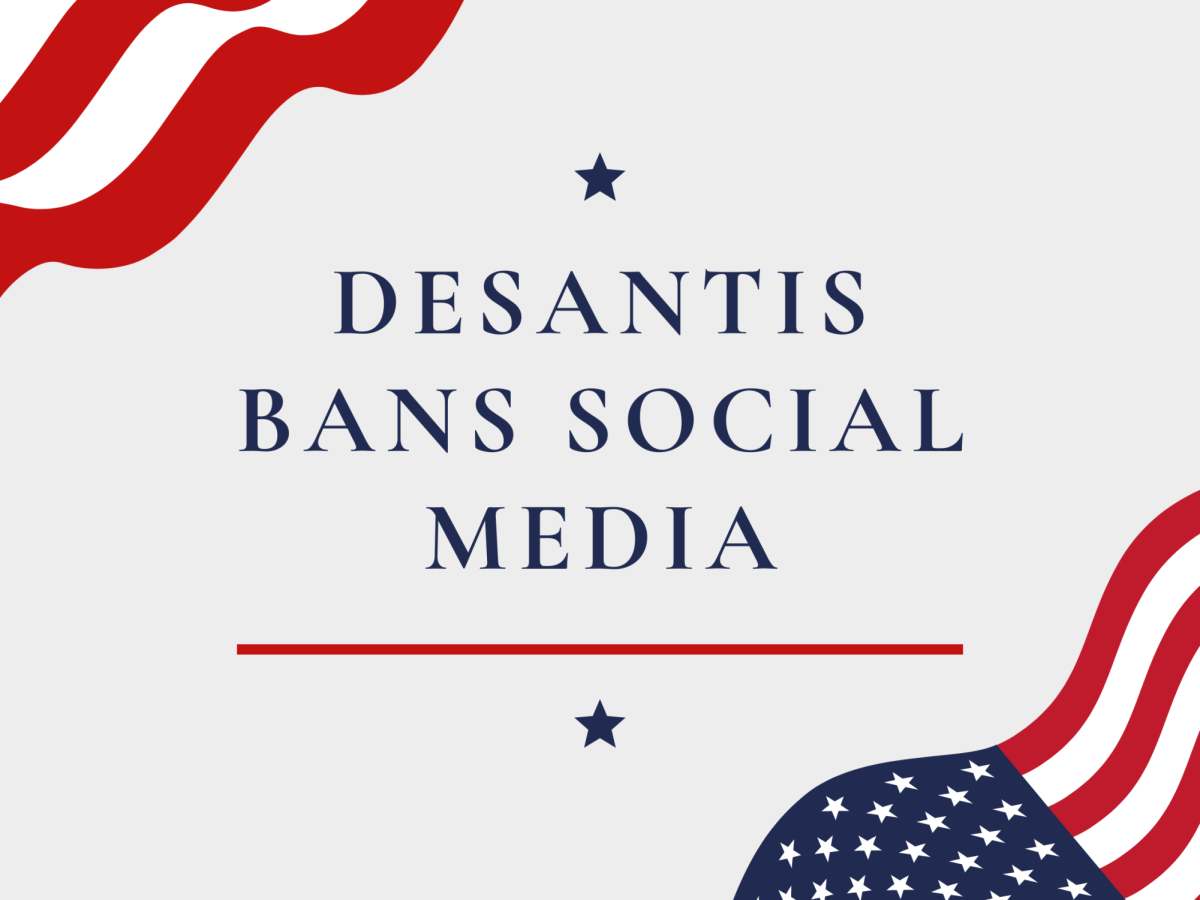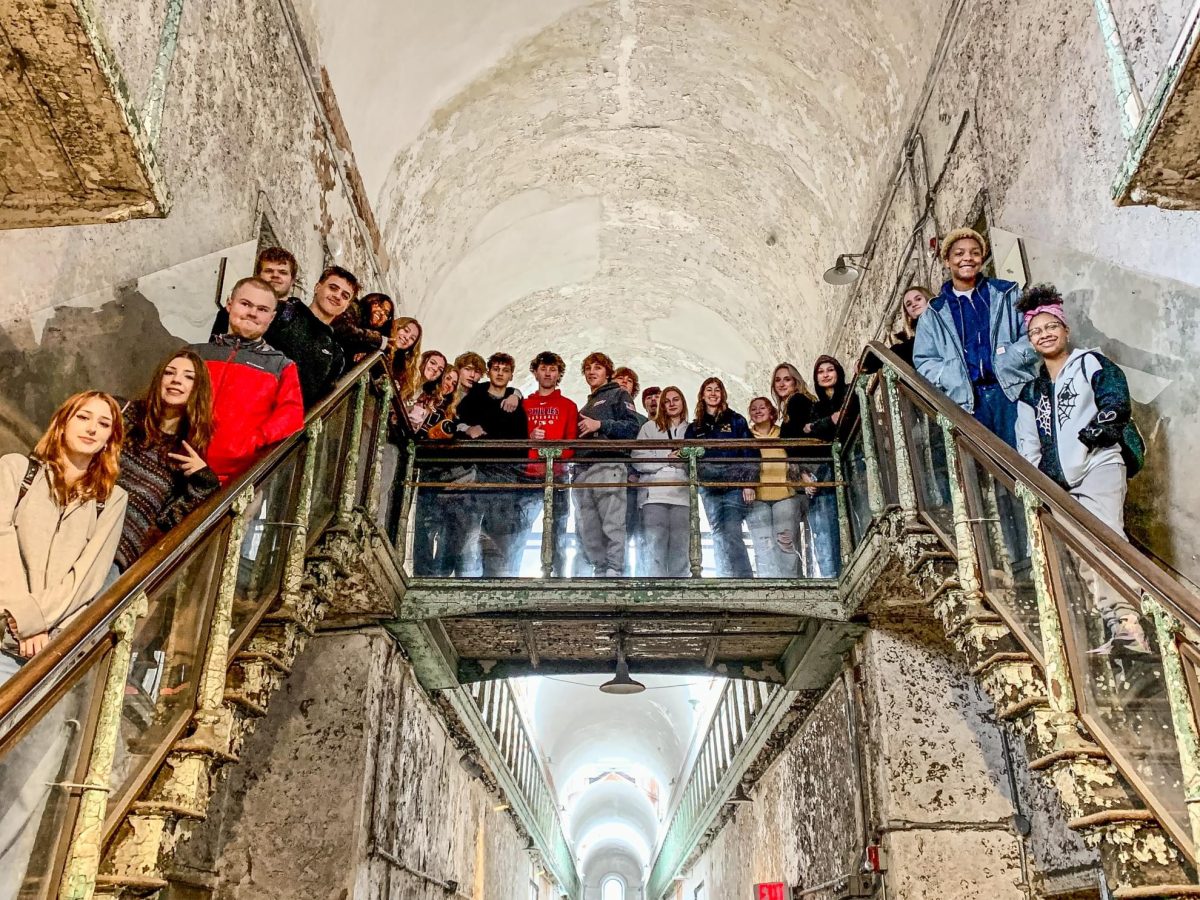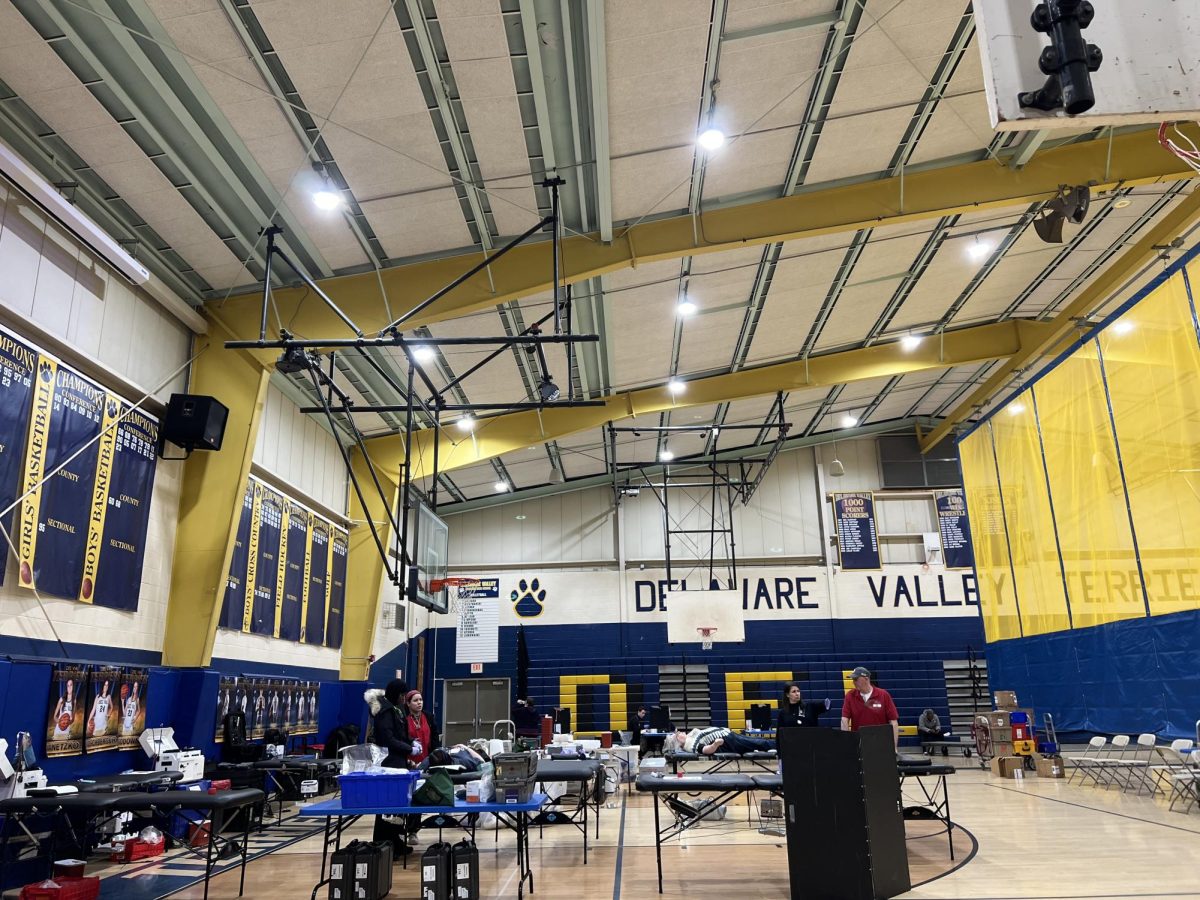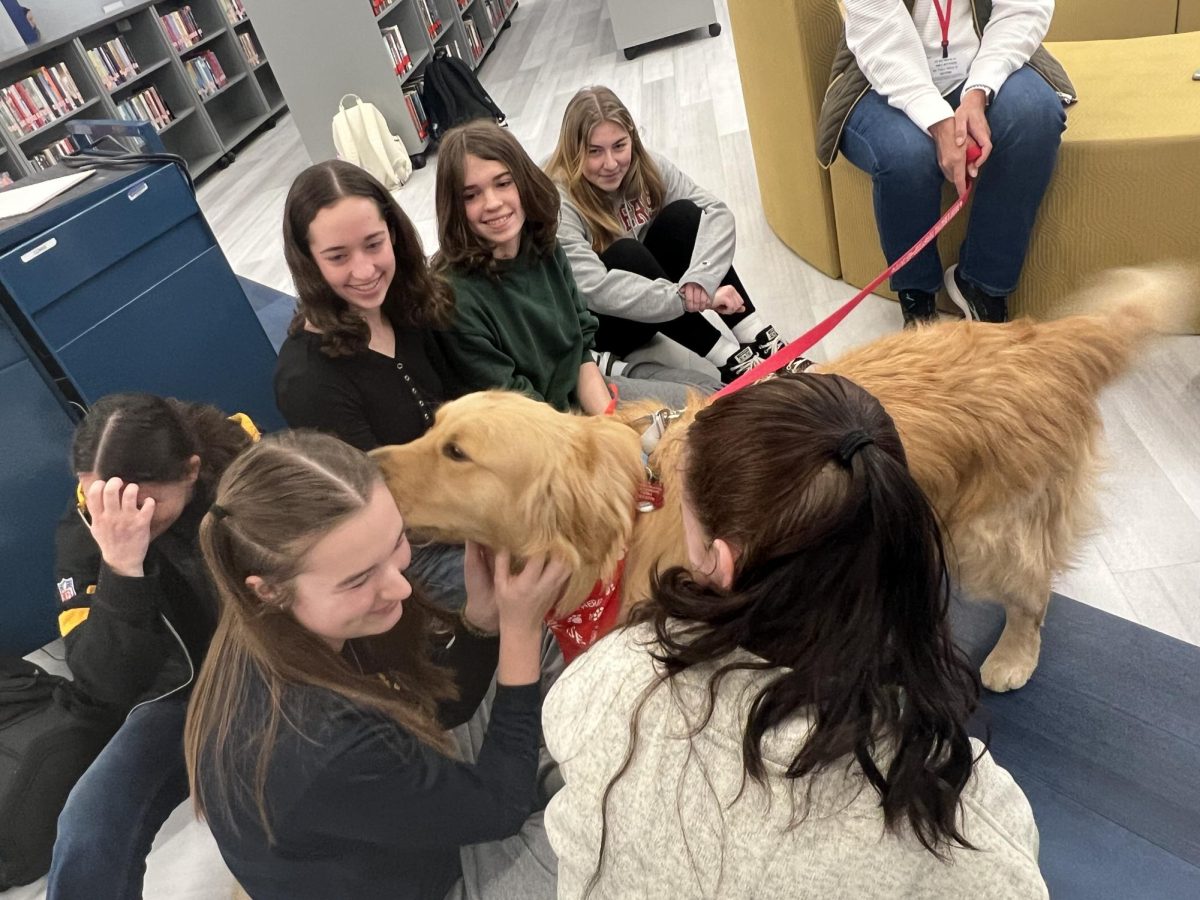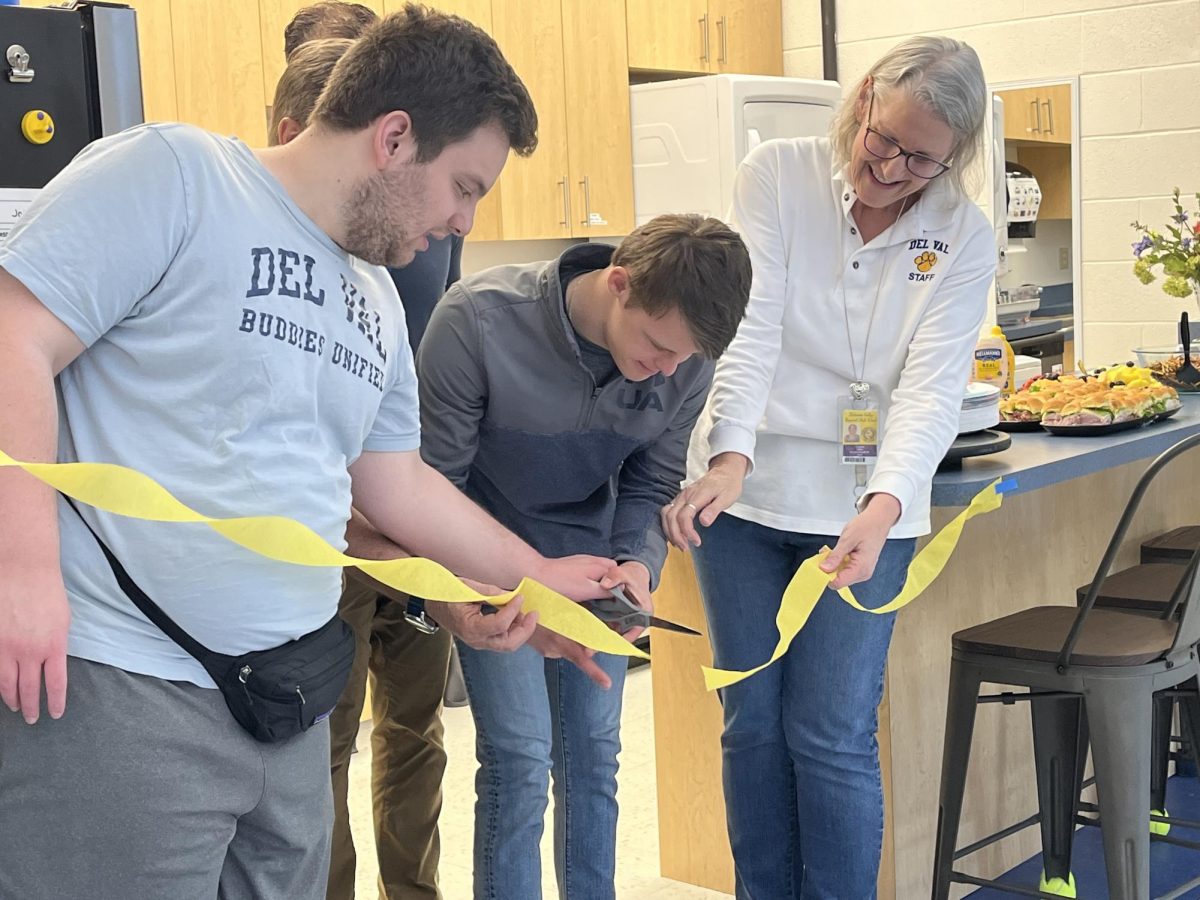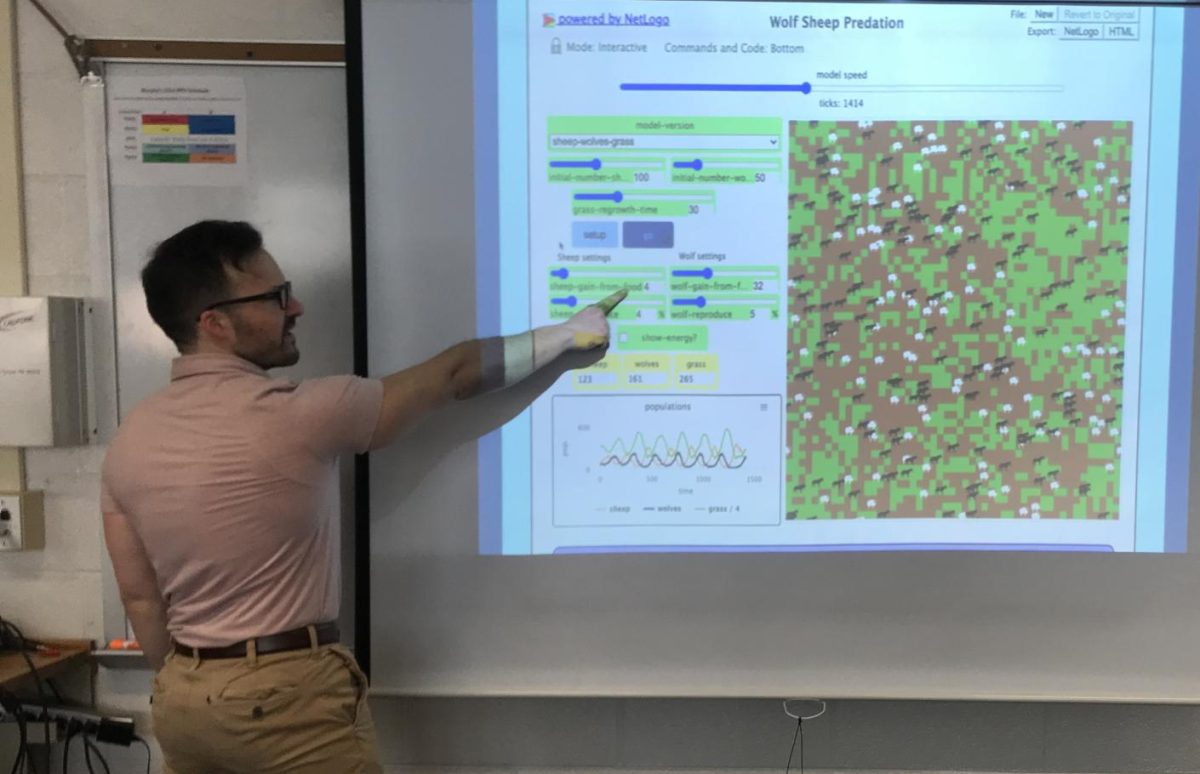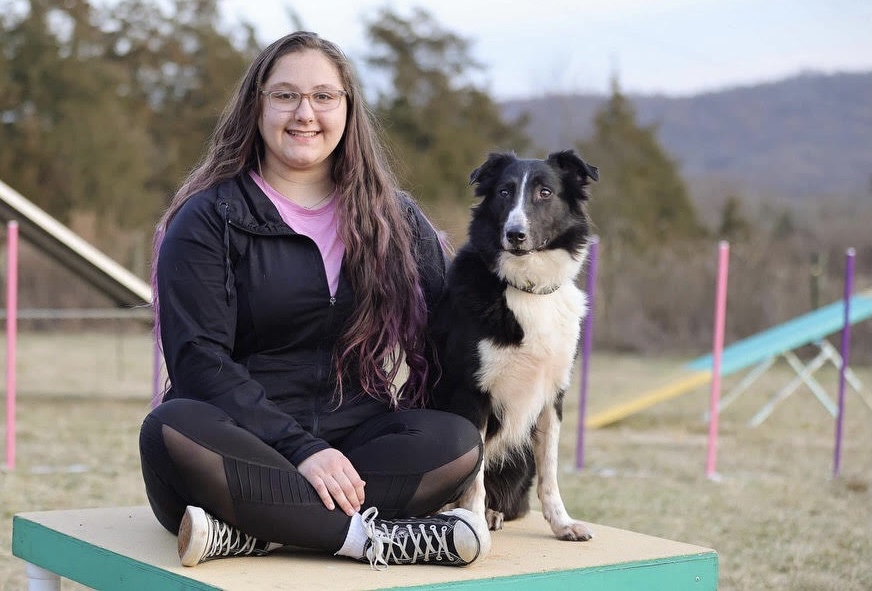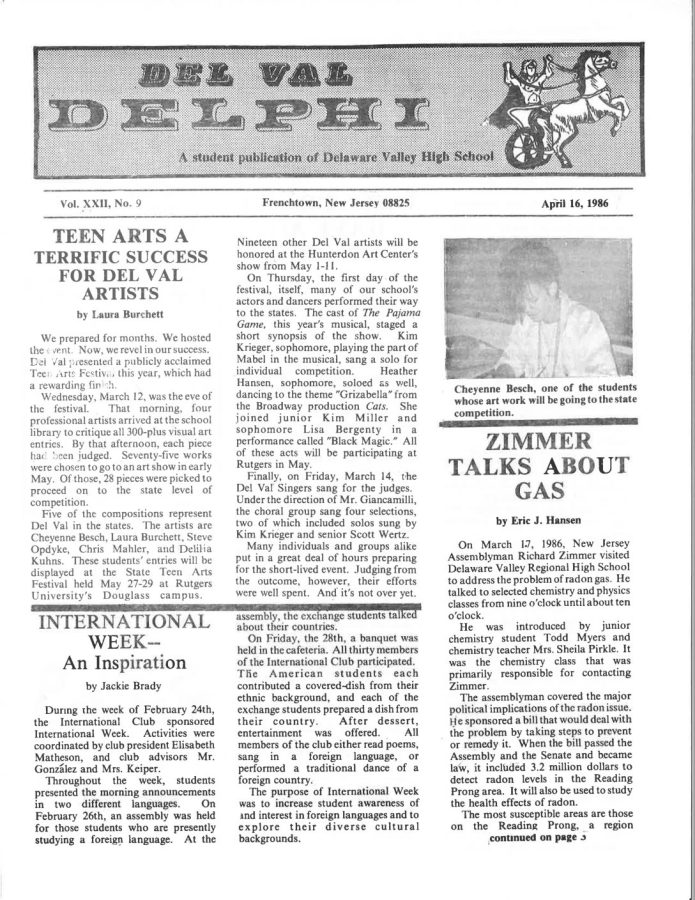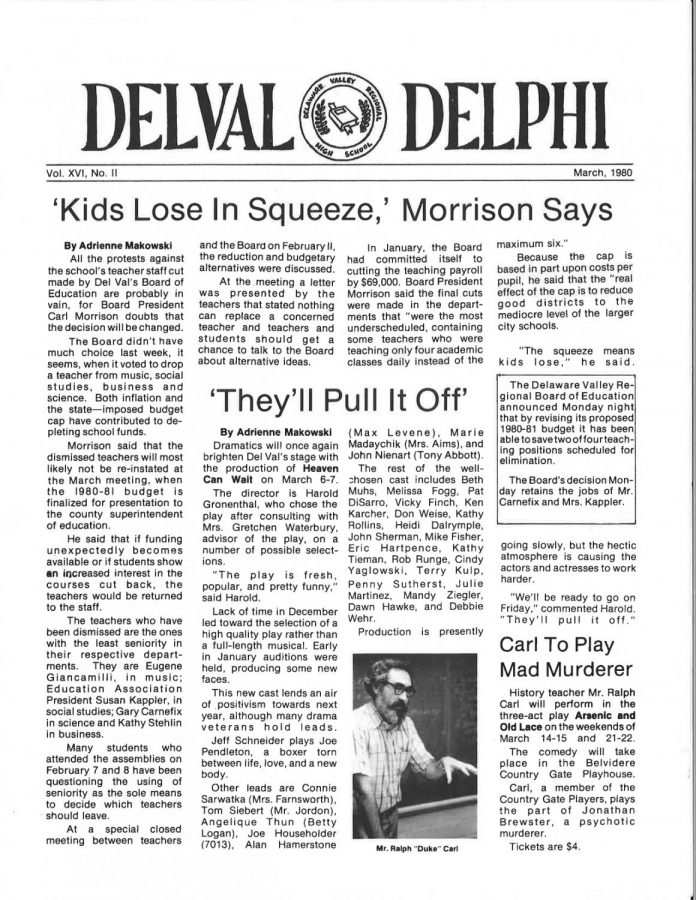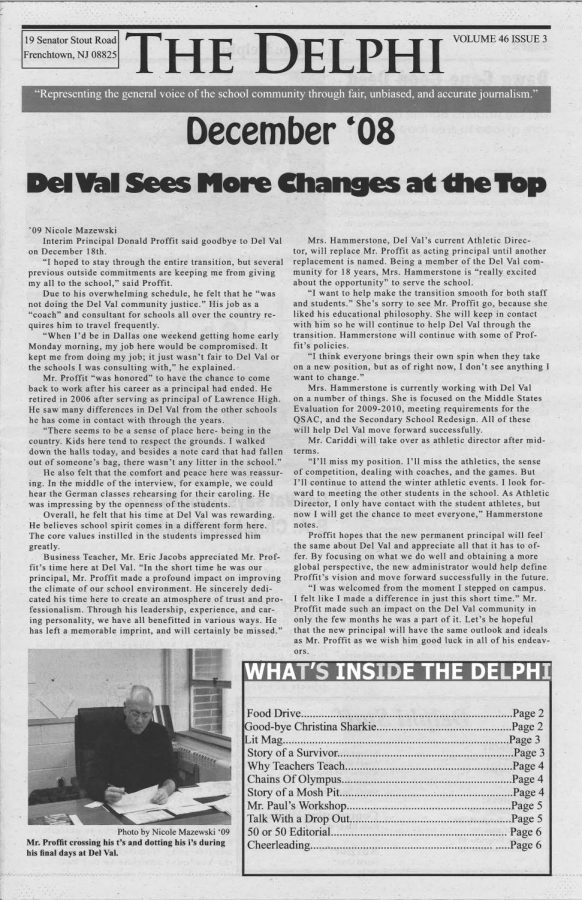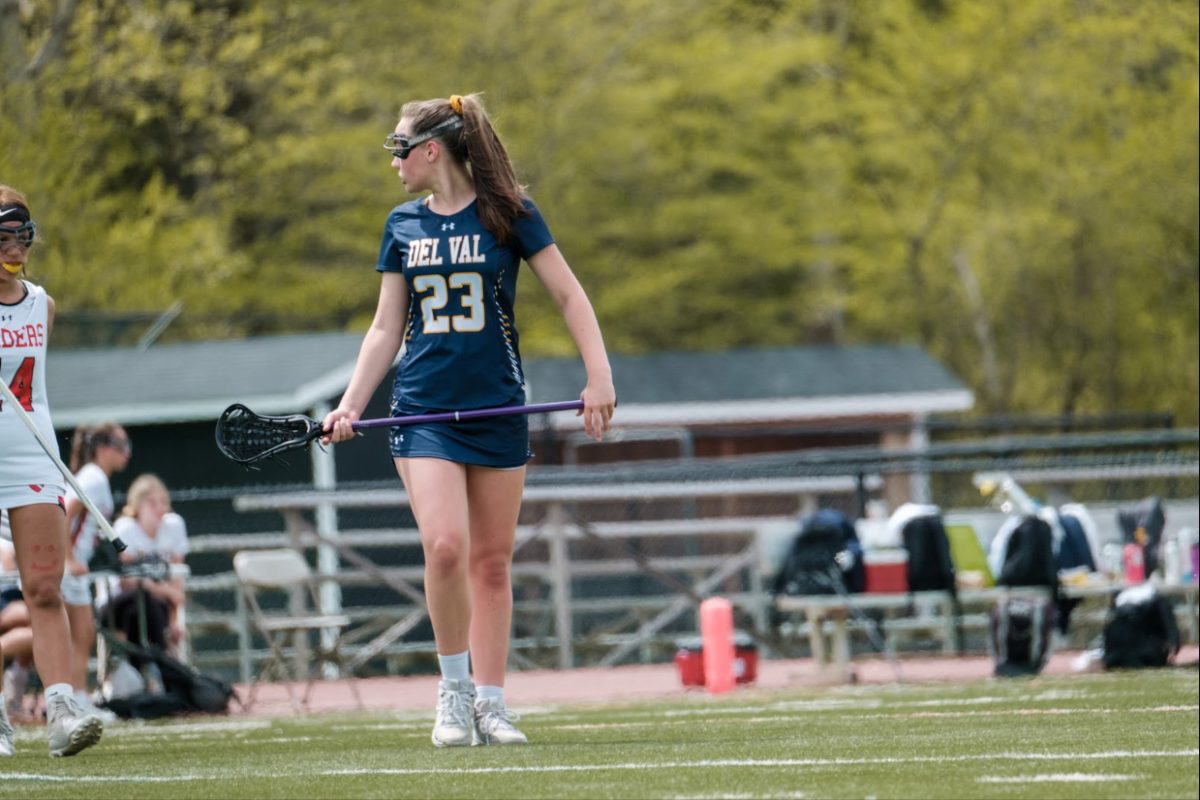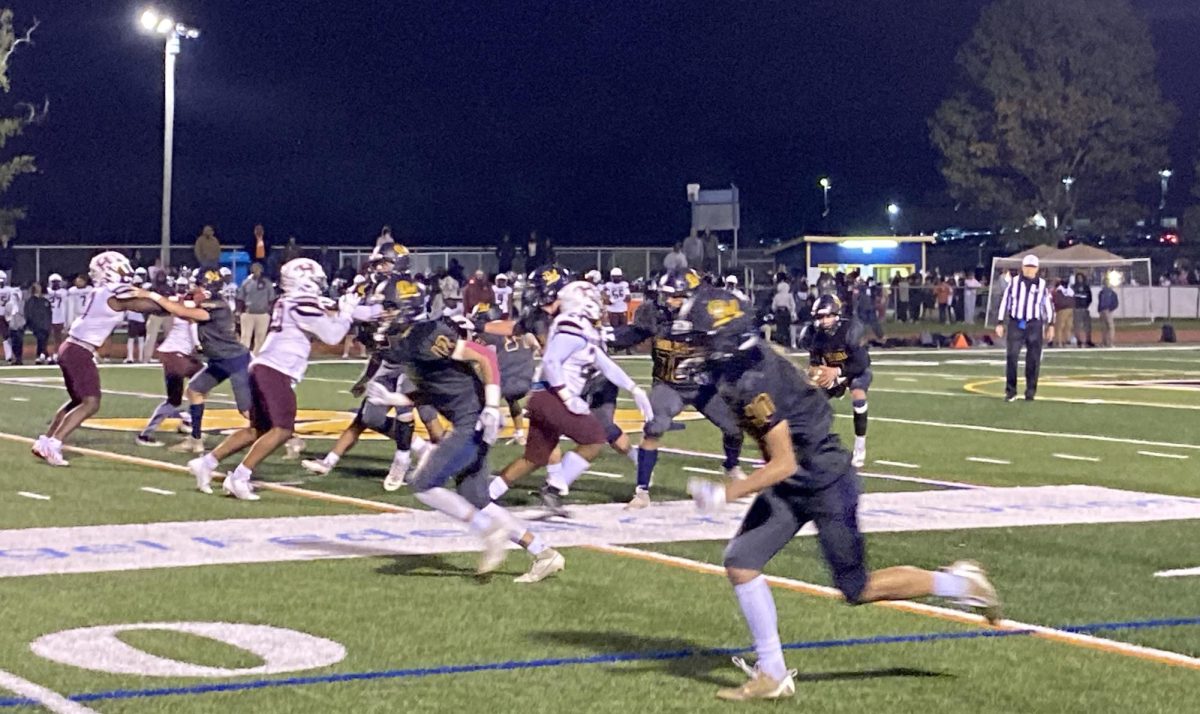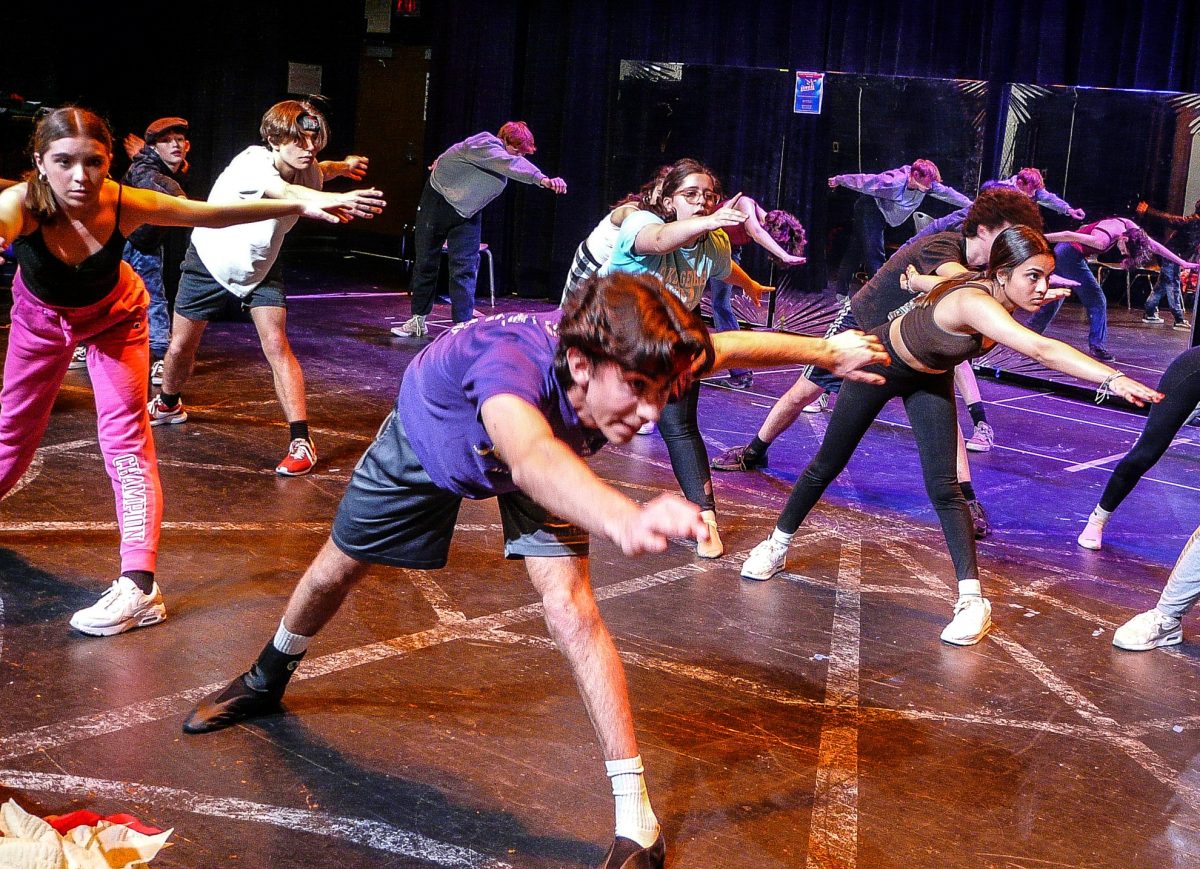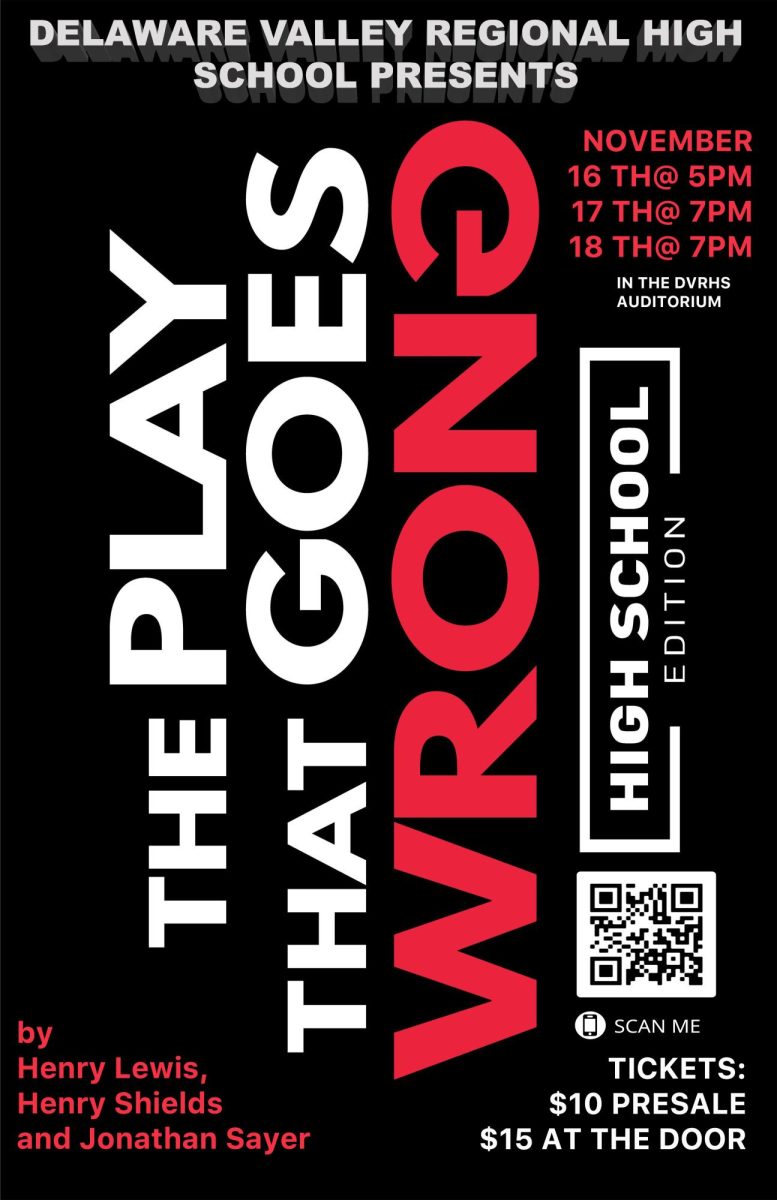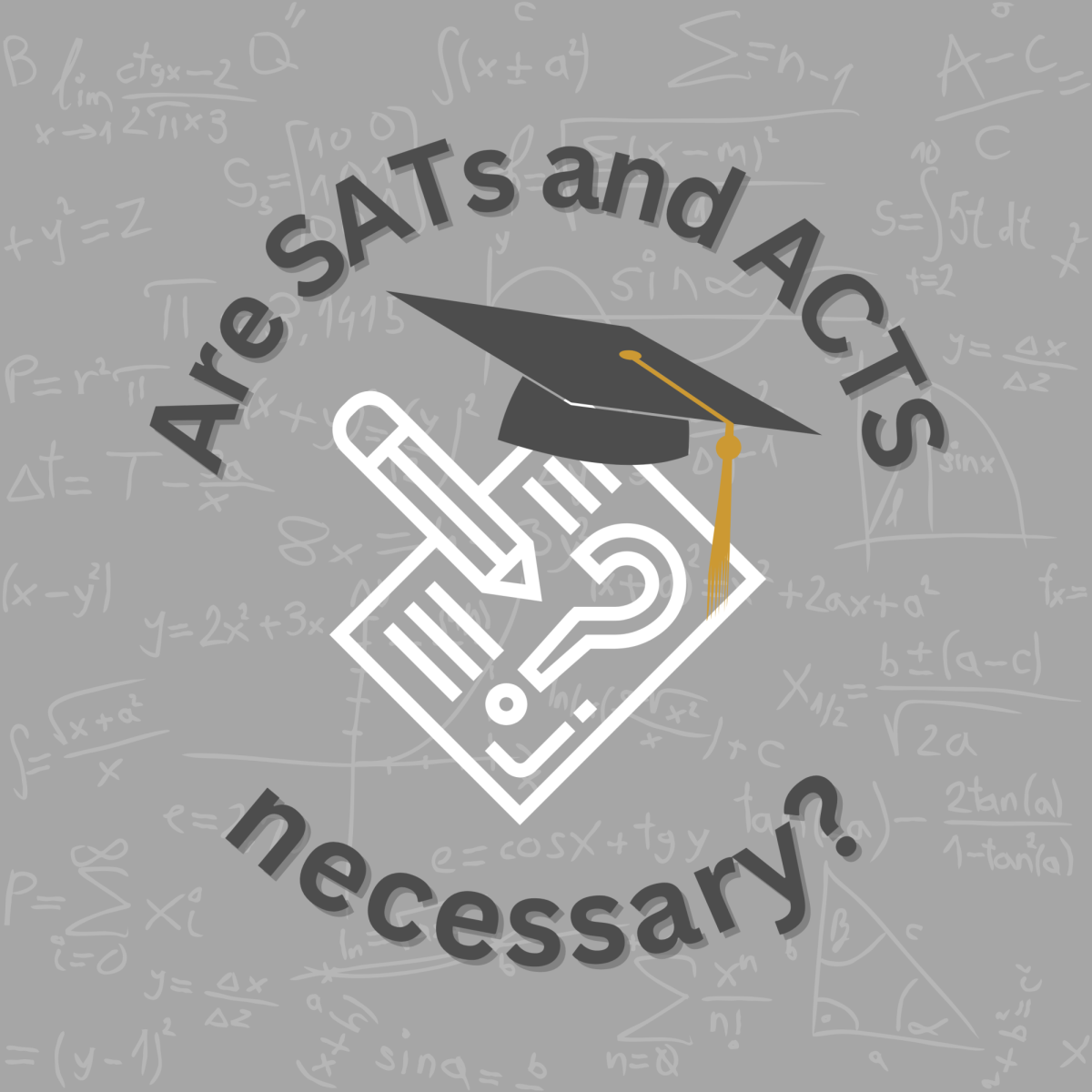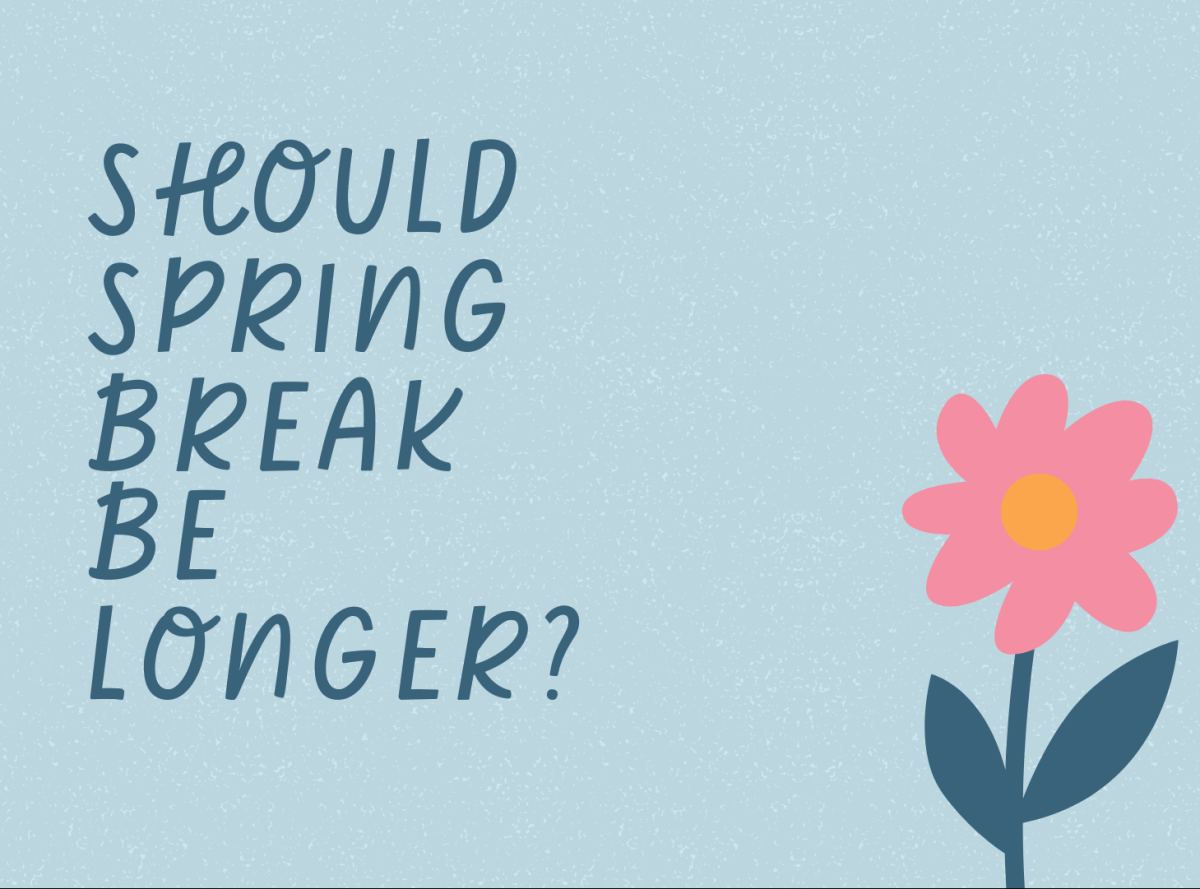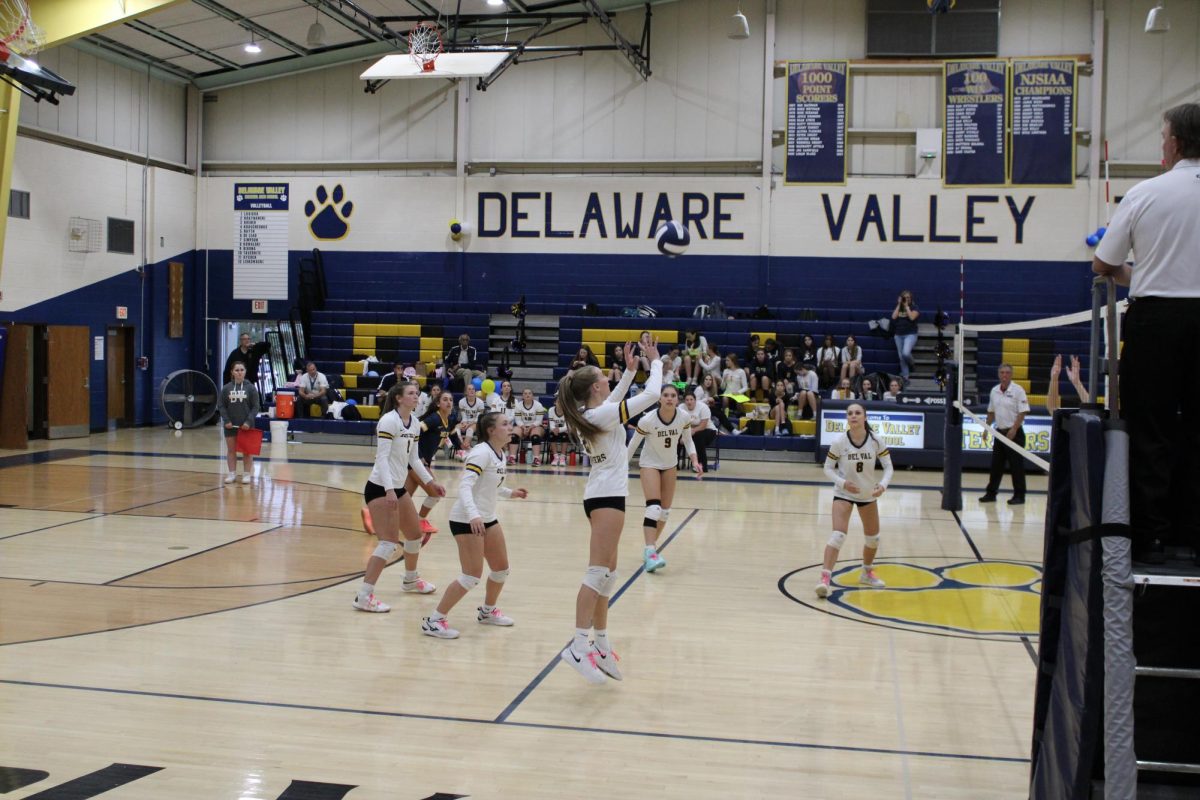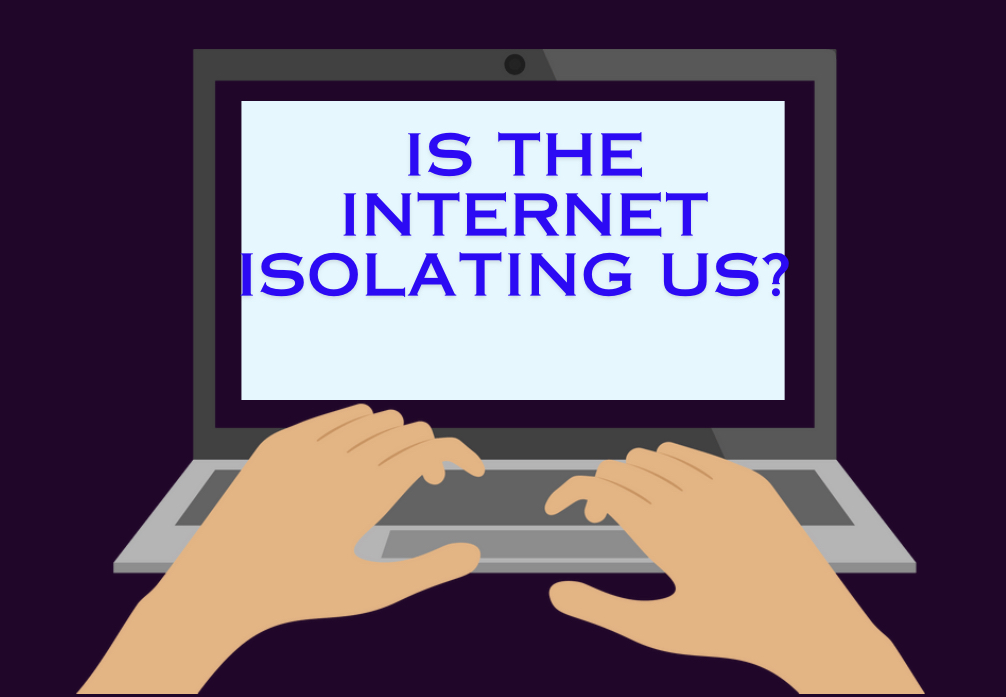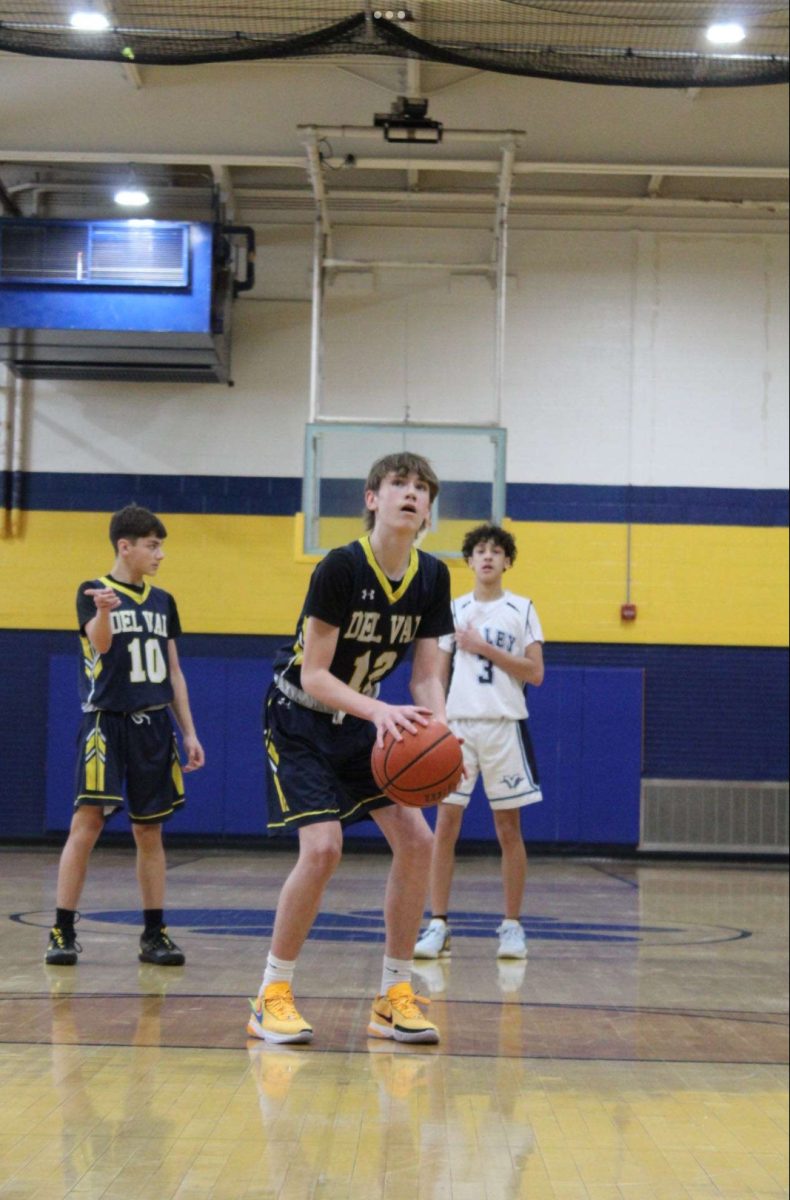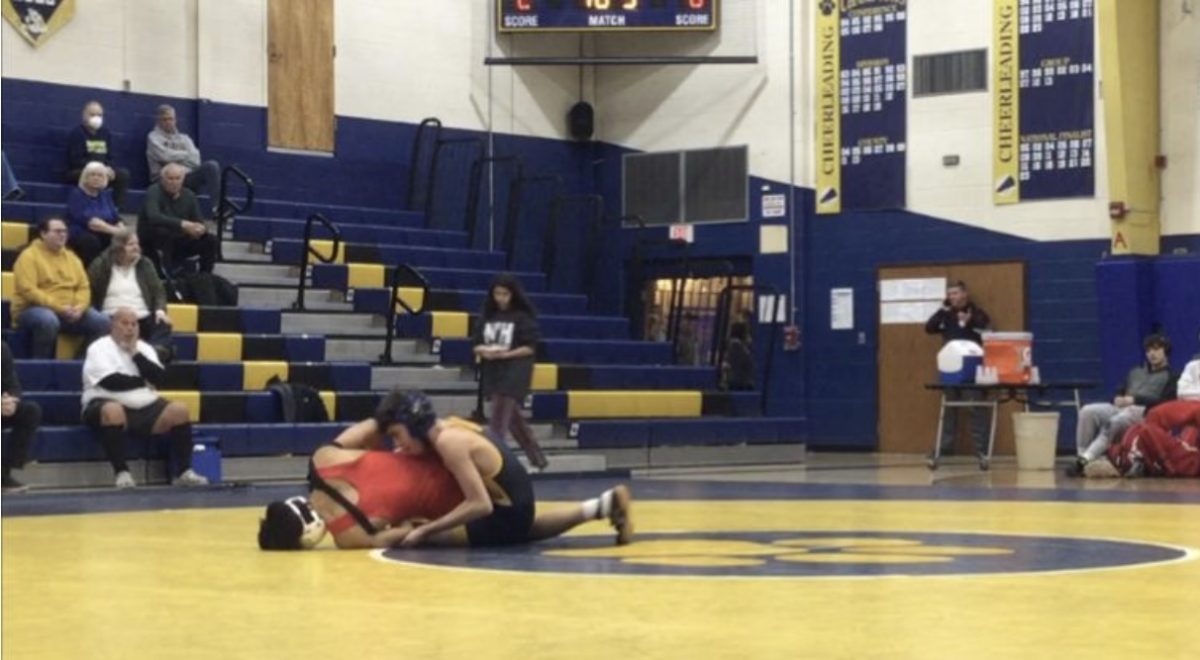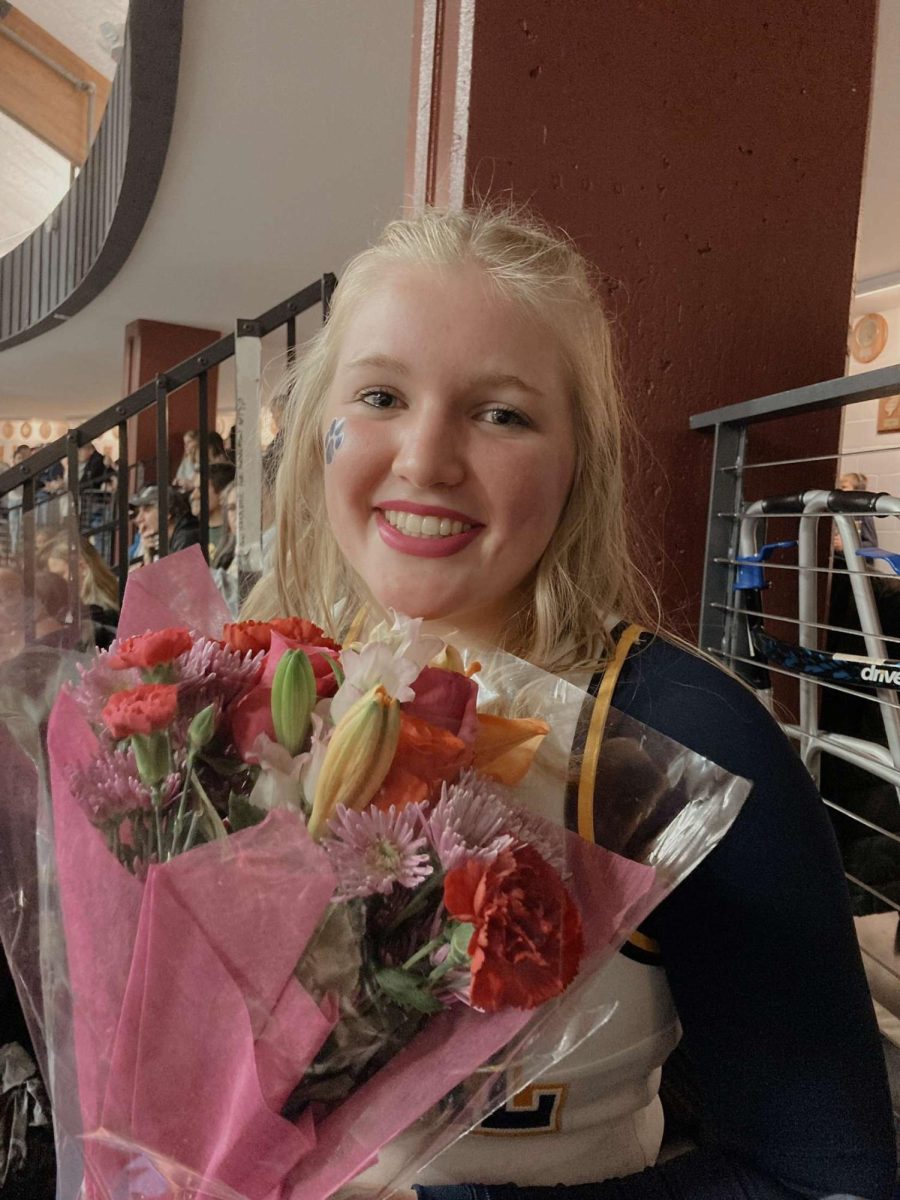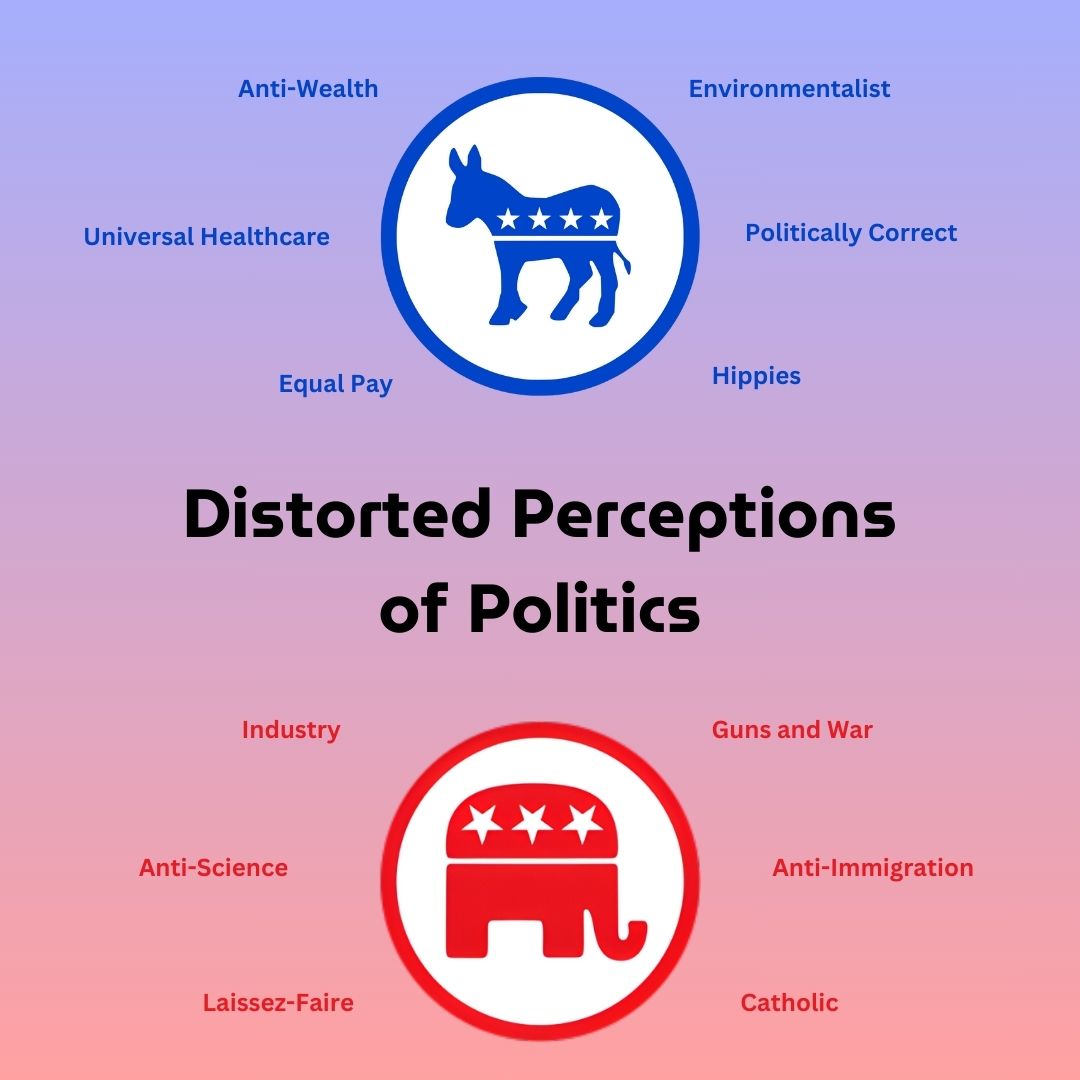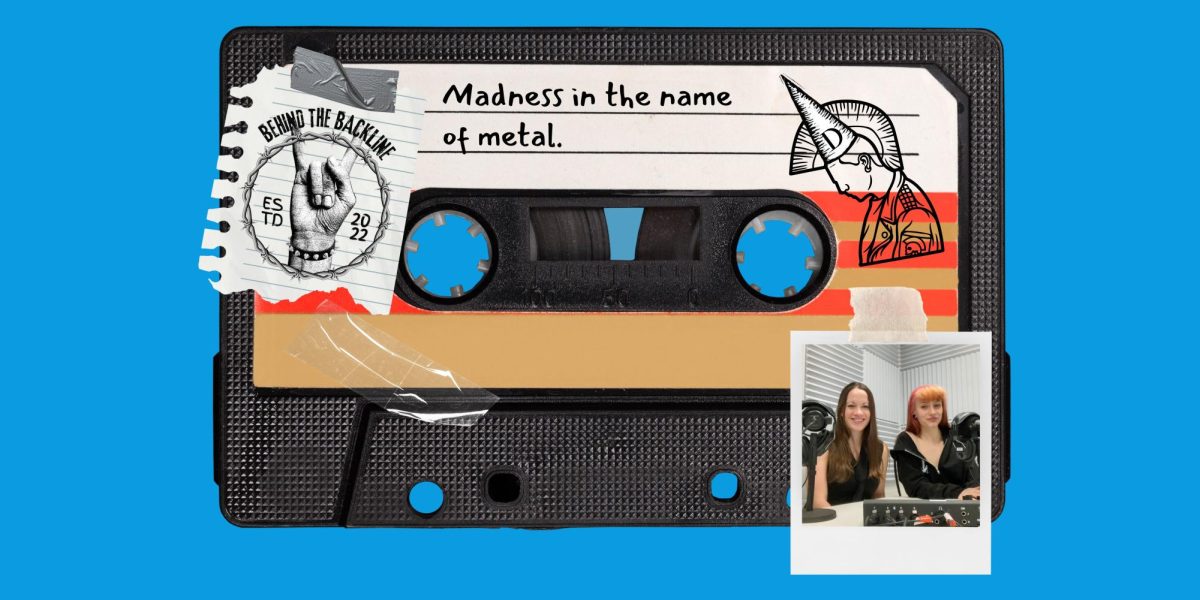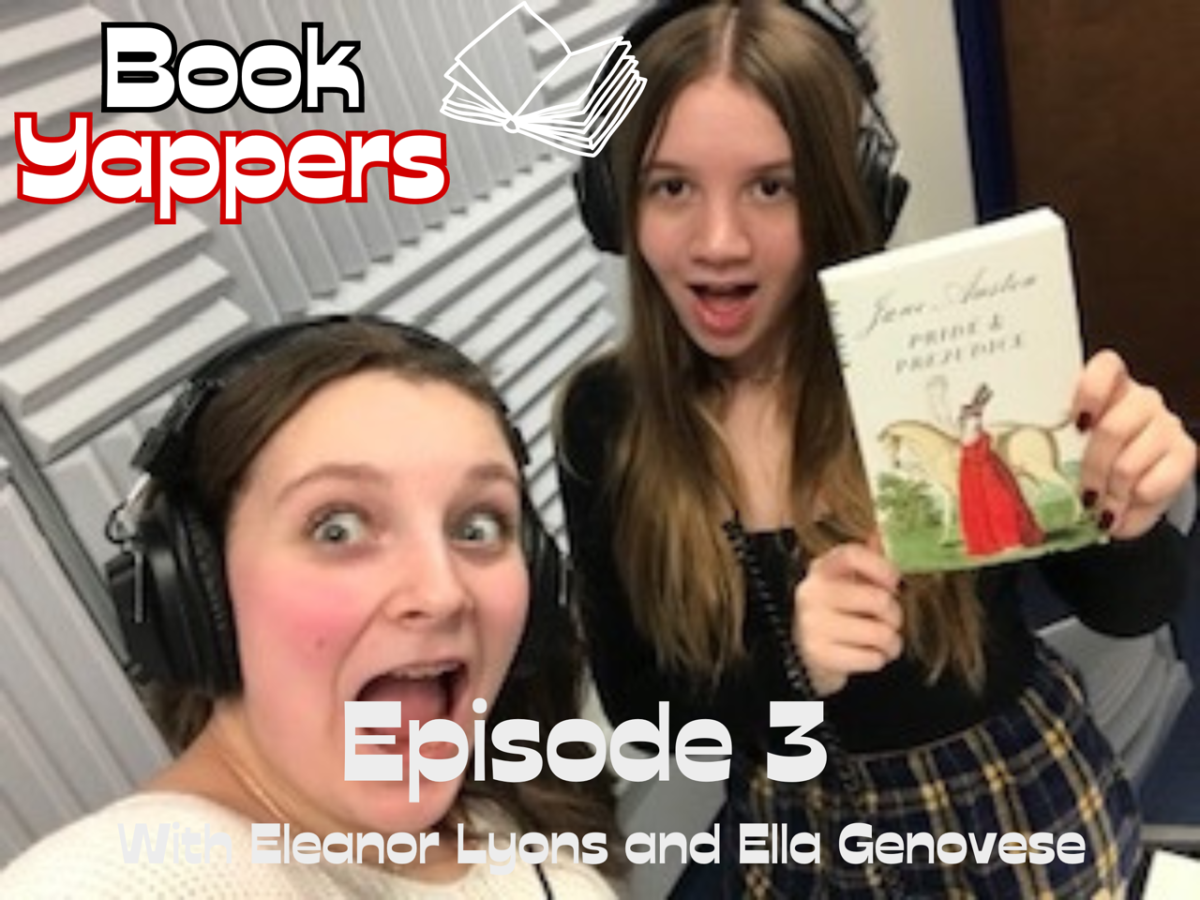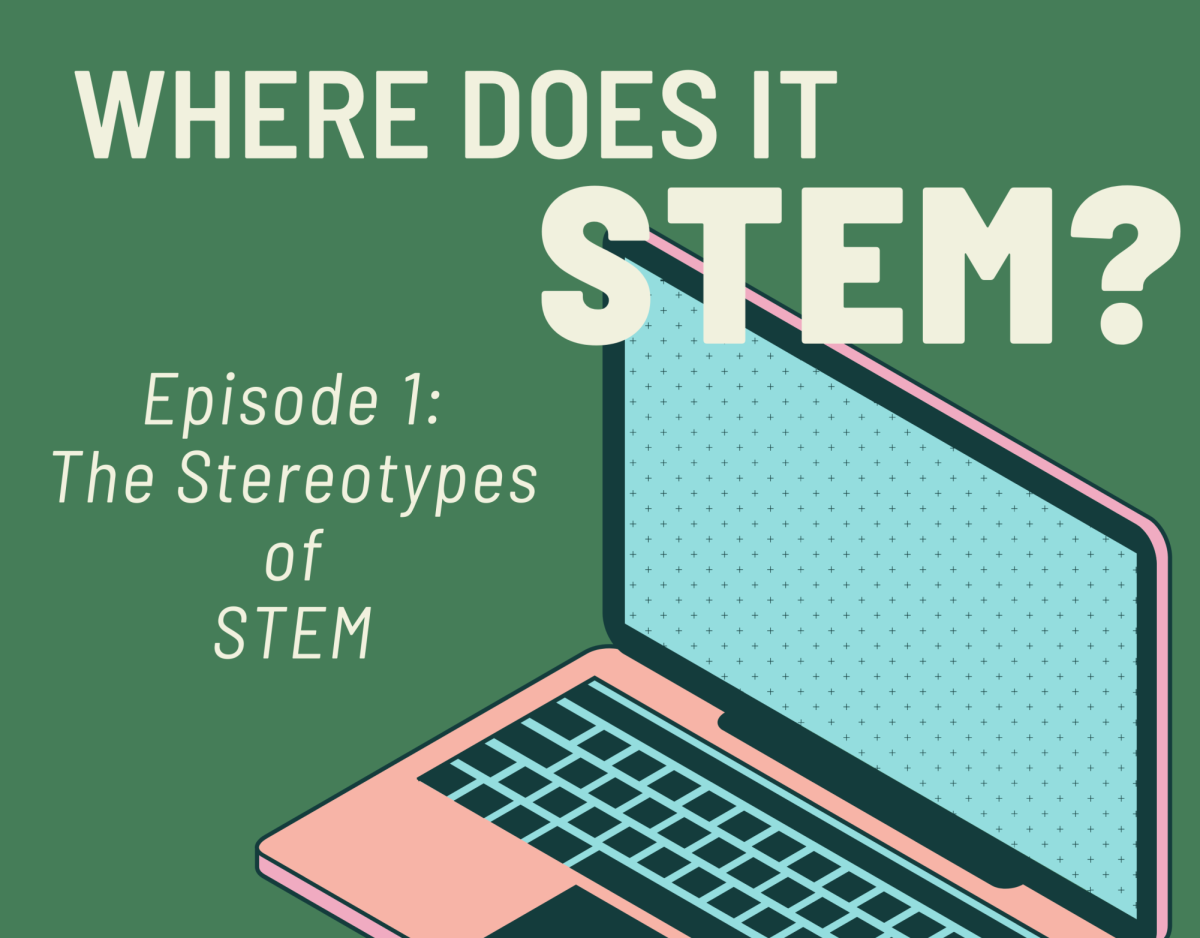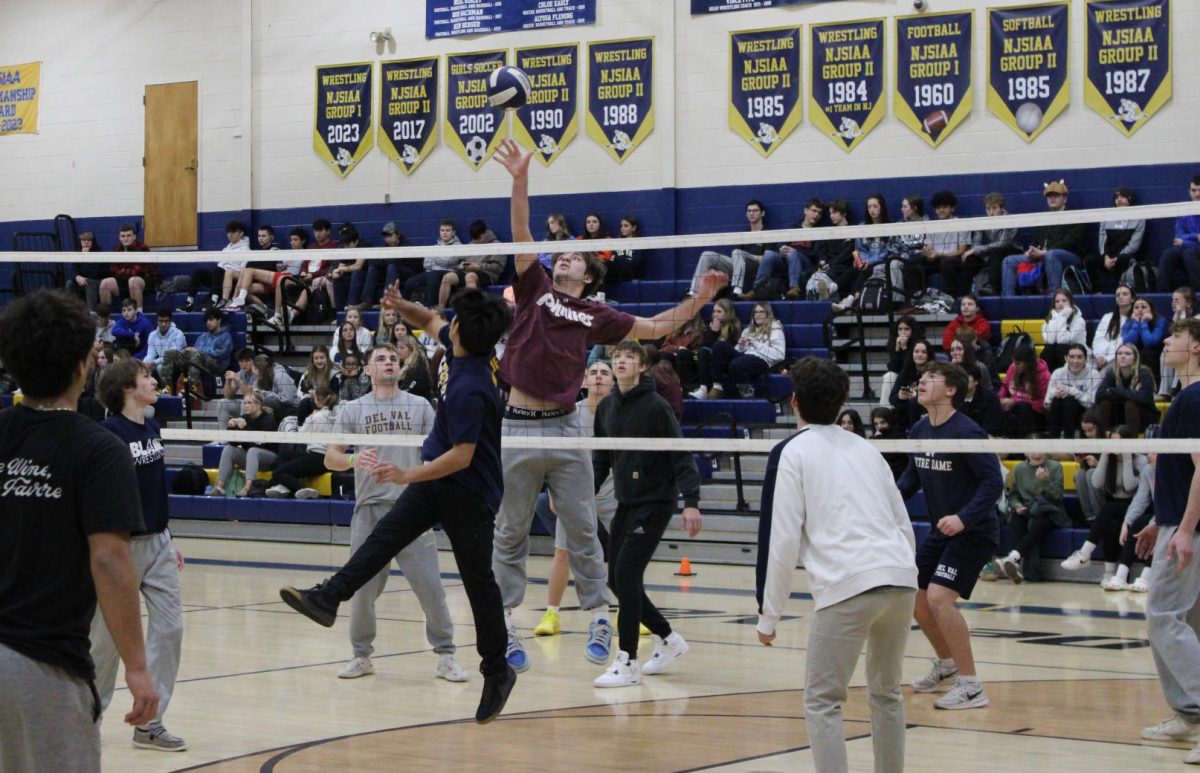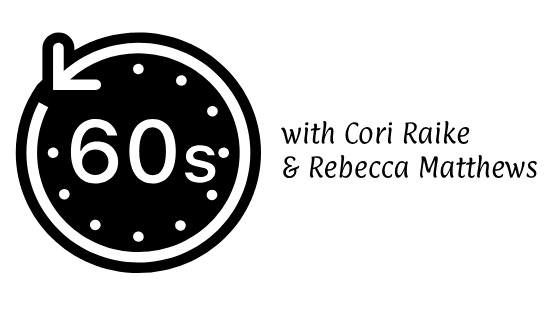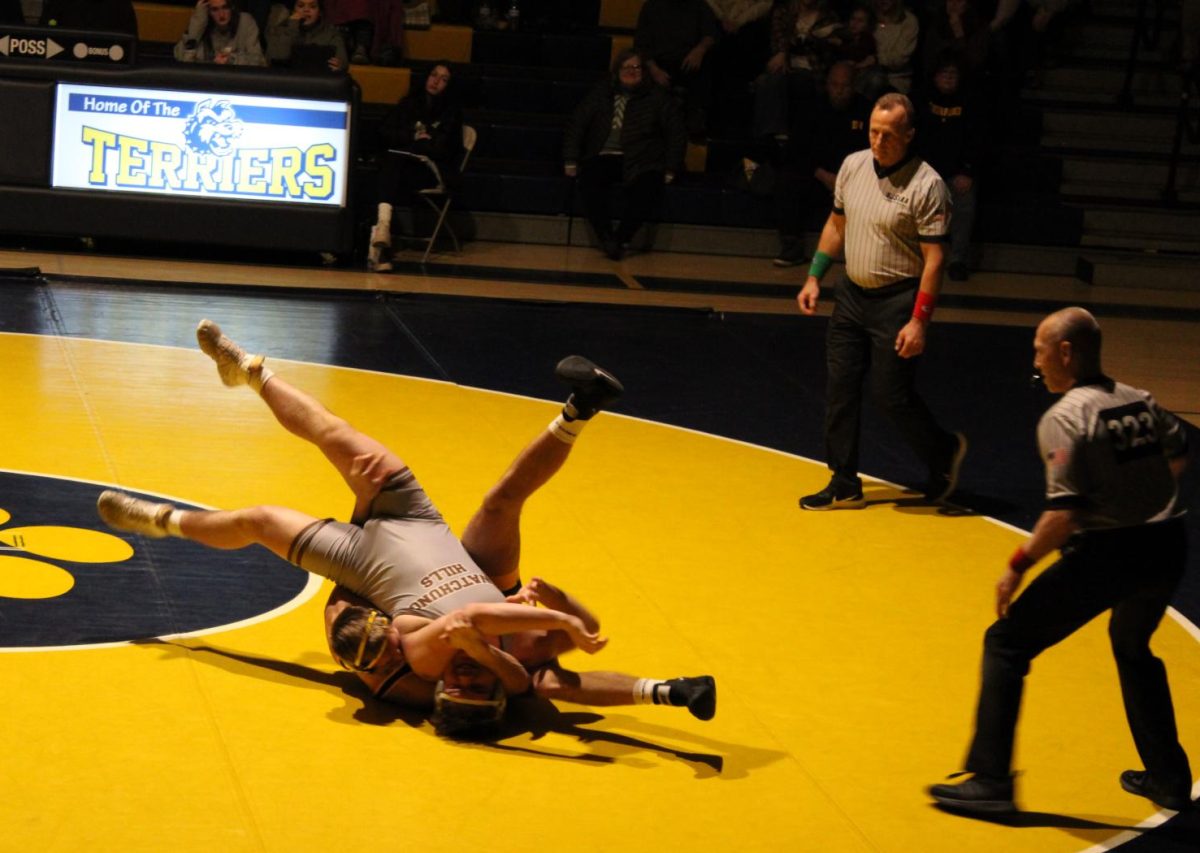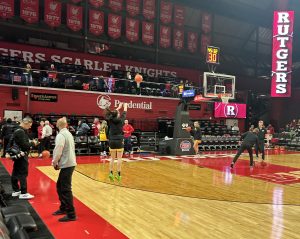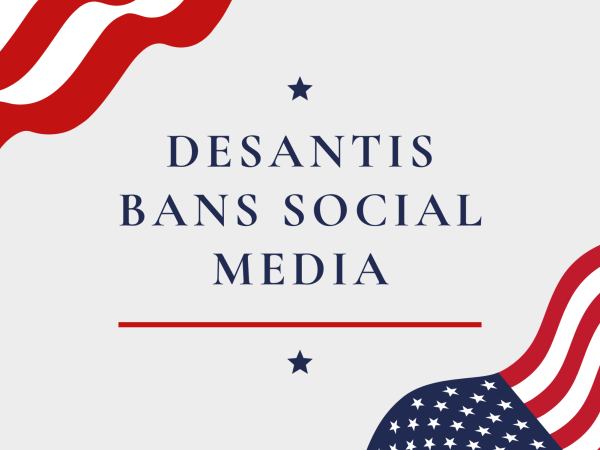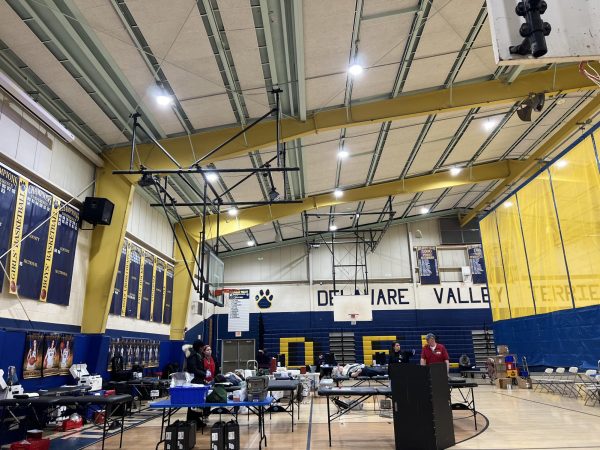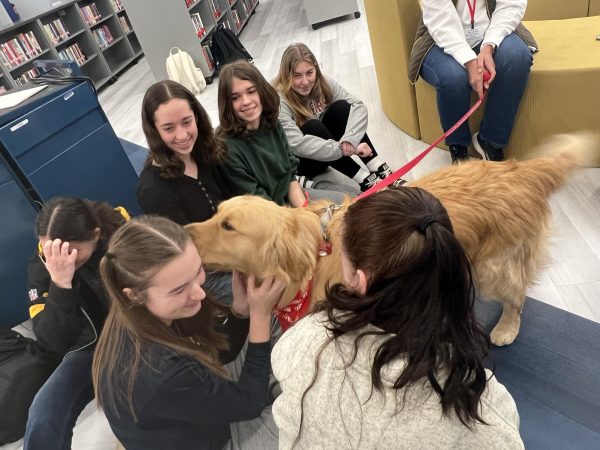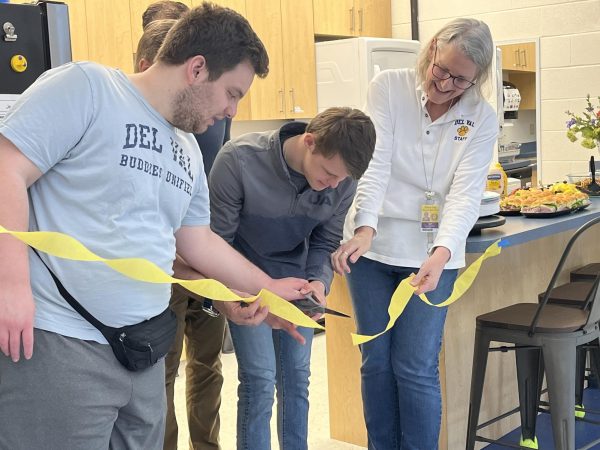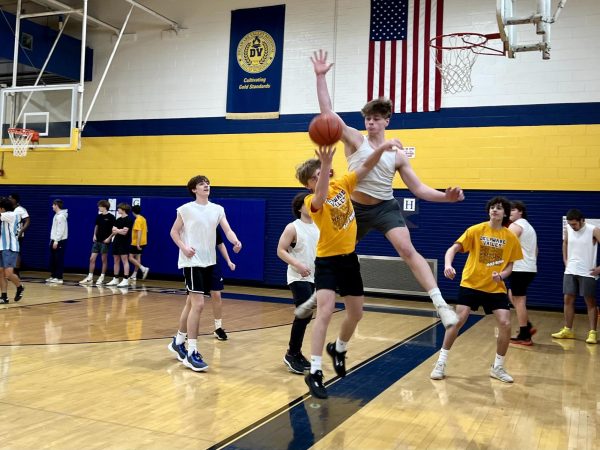Del Val Teachers and Social Emotional Learning
Social Emotional learning focuses on students reflecting on their mental health while in the classroom.
May 27, 2021
With New Jersey mandating social-emotional learning, teachers all have different ideas of what their classes should do.
The New Jersey Department of Education defines social emotional learning (SEL) as, “the process through which all young people and adults acquire and apply the knowledge, skills, and attitudes to develop healthy identities, manage emotions…feel and show empathy for others, establish and maintain supportive relationships.” From taking walks to writing scenes, here’s what various Del Val teachers are doing for SEL time.
Mr. Wells, the Del Val choir teacher, says “SEL is worth the time.”
He uses the state mandated time as a chance for students to acknowledge their stress as a student. The specific meditation that he does involves crossing the hands and bringing them to your chest which forces the brain to acknowledge what’s going on, and re-engage.
“At the end of the day, social emotional learning means you have to learn how to deal with this,” Wells said. Many of his students have used his meditation techniques outside of his classroom.
Mr. Ambs, an English and Performing Arts teacher, likes to tie his SEL activities to the classes that he teaches.
In his Performing Arts class, he had the students write a scene starting with one character saying: “Just tell me what you want” and the other character responds with, “Fine, you know what I want? I want….” The students are then able to fill in whatever they might like.
On the other hand, in one of his English classes, he had students write a letter to the person who has impacted them the most since the pandemic began. “It was a really cool way to connect with not only their emotional level, but also how impactful a single person can really be, when we’re sort of forced to turn inwards for so long a time,” Ambs said.
Mrs. Grady, a Biology teacher, decided to have a question of the day for all her students to answer as social emotional learning time.
“One thing that I really love about all of my kids being in a room together is that they can talk to each other, and one of the really hard things that hasn’t happened since we’ve been in a hybrid model, is my kids haven’t been in a room all together,” Grady said.
She says that having a question of the day promotes talking, not only to peers, but also to her as a teacher, as she prides herself on being an open line of communication. “Talking to kids is one of my favorite things,” and since the pandemic, she has found it very hard to build personal relationships with each of her students.
Mrs. Fleischman, the dance teacher, likes to keep her SEL time freeform and based on the students’ needs for that day.
“Dance lends itself to social emotional learning, because it is very focused on yourself. I want everyone to dance and move and feel good,” she said.
Fleischman also takes pride in having personal connections with each of her students, as she encourages communication and advocacy in and out of her classroom. “Not all teachers get their students to talk to them,” which she credits to her small class sizes. “SEL is important, because you need to be humans and you’re humans first; yes you are students, yes you are young people, but you’re humans first.”
Many teachers at Del Val have been adapting to the newly implemented social emotional learning time, especially in a school year dominated by a pandemic. The common theme across the board is that SEL is important, for students and teachers alike.
Building relationships with students and teachers, and having time to take care of yourself and your mental health, is vital to having a healthy school experience. Check the New Jersey Department of Education’s website, linked here, for more information.

